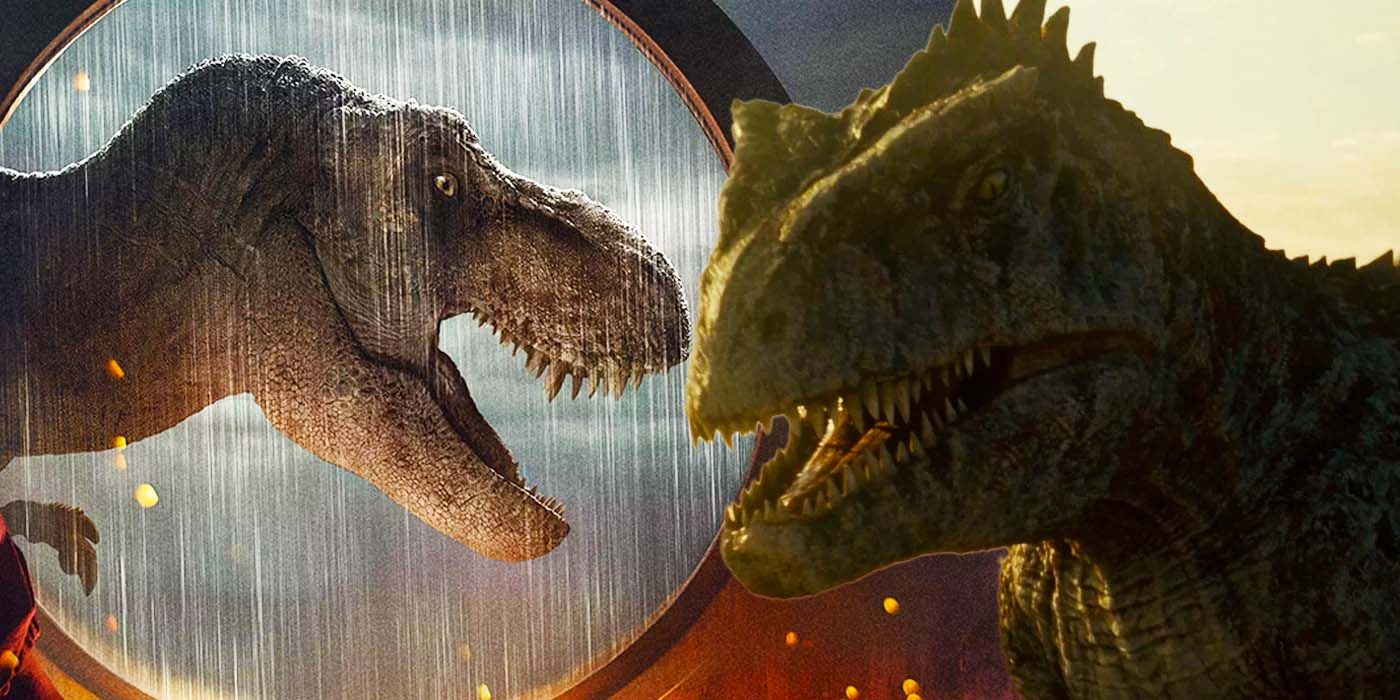It’s been a tough year for the games business, with thousands of layoffs and game cancellations roiling the industry. Is there room for a new company emerging from stealth to tackle the AAA console and PC space?
The leaders of Delphi Interactive are making a big bet they can make their mark on the sector as an independent player.
Delphi’s CEO Casper Daugaard and president Andy Kleinman joined Variety’s “Strictly Business” podcast to discuss their AAA-first business model, which kicked off with IO Interactive’s upcoming “Project 007,” and revealed their hiring of former Nordisk Games CEO Mikkel Weider as Delphi’s managing partner in Europe.
Weider “essentially blitz-scaled Nordisk Games from one employee to 1,300 in just a few years,” says Daugaard, describing how Weider expanded the gaming division of Denmark’s Nordisk Film by acquiring Swedish “Just Cause” developer Avalanche Studios in 2018 and “Until Dawn” studio Supermassive Games in 2022. Weider joins a team that Daugaard and Kleinman say counts seasoned talent with experience at EA, Rockstar Games and Microsoft Gaming’s roster of publishers.
Until now, Delphi hasn’t made a peep about the company’s ambitions since “Project 007,” a James Bond origin story, was first announced in 2020. The game is being developed and published by IO Interactive, the company behind the long-running “Hitman” franchise, in association with Delphi, which is licensing the Bond intellectual property from producer Barbara Broccoli’s Danjaq holding company and MGM (Despite Amazon acquiring the latter in 2022, Amazon Games is not involved with “Project 007”).
IO Interactive hasn’t revealed much about the game or its release window, but Daugaard sees “Project 007” as representative of Delphi’s mission, which includes a slate of unannounced projects.
“In the era of digital game distribution, we believe that if you have access to a beloved global intellectual property, and you have access to capital to develop and market games, and you have access to the best independent development talent, you can actually make a successful AAA game outside of what we now lovingly refer to as the ’publisher industrial complex’ that has sort of traditionally oligopolized the AAA space,” Daugaard says.
While IO Interactive remains the sole developer of “Hitman” and currently publishes it as an independent entity, that wasn’t always the case. The Danish studio spent more than a decade as a Square Enix subsidiary before its management buyout in 2017, a year after rebooting “Hitman” in 2016. IO Interactive then published “Hitman 2” in 2018 through Warner Bros. Games before going solo for “Hitman 3” in 2021, eventually repackaging all three games into its “World of Assassination” offering, which continues to add content and update the game for players. It’s the rare example of a predominantly single-player, AAA experience that has extended its shelf life well past its initial release window, which is typically when such games make the brunt of their sales.
But as much as heralded AAA franchises like “The Last of Us,” “Uncharted” and “Fallout” have produced Hollywood hits, it’s often a different case when reversed. “Marvel’s Spider-Man” may be a PlayStation powerhouse, but 2024 has seen high-profile games like “Suicide Squad: Kill the Justice League” and “Star Wars Outlaws” flounder. Warner Bros. Discovery wrote down a $200 million loss for its gaming division on the “Suicide Squad“ title, bringing its “Hogwarts Legacy” victory lap to an end, while Ubisoft delayed its next “Assassin’s Creed” game in response to “Outlaws” falling short of sales expectations (Ubisoft is reportedly exploring a sale to Chinese tech giant Tencent).
“We believe that, on average, the legacy publishers have become fundamentally misaligned with the owners of the world’s biggest IP,” says Daugaard. “They’ve also become fundamentally misaligned more and more with independent AAA developers. And that’s where Delphi saw an opportunity, a significant opportunity, to step in and offer a sort of very attractive alternative to owners of IP and to AAA developers.”
Kleinman says Delphi has been “inspired a lot“ by companies like Legendary Entertainment. “Their whole thesis was that they could come in initially with financing, but their plan was to try to make these big blockbuster films outside of the legacy Hollywood studios,” he says. “Skydance came later and built a similar thesis, which has now become really big, and now they’re taking over [Paramount Global] to try to modernize it with their way of doing things. But that doesn’t exist in gaming, and especially in AAA gaming.”
According to Daugaard, major publishers are “no longer ideal partners” for the biggest third-party IP, on account of what he and Kleinman believe is a prioritization of their wholly owned IP.
He has a point. Leading live-service platforms have stepped in as lucrative partners to major Hollywood studios. Disney invested $1.5 billion in Epic Games in 2024 to build IP-driven experiences on “Fortnite,“ while Universal and Warner Bros. partnered with Roblox to promote films like “Kung Fu Panda 4,” “Despicable Me 4,” “Godzilla x Kong” and “Beetlejuice Beetlejuice” that hit their marks at the box office this year.
Likewise, two of the Big Five movie studios — Sony Pictures and Warner Bros. — exist alongside full-fledged gaming divisions within their corporate parents. As Kleinman points out, that could become three if Skydance completes its acquisition of Paramount due to Skydance Interactive and Skydance New Media, though the latter division does have AAA Marvel and Star Wars games in the works.
The significance of mobile gaming, which comprises half of the global video game market, shouldn’t be ignored either. Companies like Scopely, where Kleinman was once chief business officer, thrive on licensed IP, so much so that Scopely was acquired by Savvy Games Group for $4.9 billion in 2023 after the success of “Monopoly Go!” Before Scopely, Kleinman worked at mobile giant Zynga, which went to “Grand Theft Auto” parent Take-Two Interactive for $12.7 billion in 2022. Kleinman also worked at Disney Interactive some years before Disney CEO Bob Iger closed the division in 2016.
Kleinman doesn’t seem fazed by the challenges involved in licensing major intellectual property.
“When Disney or Warner Bros. or any of these studios are thinking about the strategy for some of the biggest IPs, it’s not just one thing that they do,” says Kleinman. “They explore different ways to attract the different types of fans [who] are engaged with that IP… Some of those fans are the audiences that are within Roblox and Fortnite and who want to have those games. They’re very engaged with those games… We think about the single-player, story-driven experience, and usually it starts with something that you know can be played in 12 to 16 hours, as opposed to 80 to 100 hours, and you feel a great sense of accomplishment and satisfaction when you’re playing it.”
As Daugaard puts it, “It’s natural that everybody wants a Fortnite. There’s an 11- or maybe even 12-figure upside to that, if you can pull that off.“ On the other hand, he adds, it’s also “a very volatile proposition with a massive downside, a massive risk.”
For instance, Sony Interactive Entertainment is scaling back Playstation’s push into live services after “Concord“ was pulled from release less than two weeks after launching in August, resulting in the decision Tuesday to shutter its developer Firewalk Studios. An online game for “The Last of Us” was also cancelled last year and serious adjustments were made to “Destiny 2,” the once-thriving live service that helped make the case for Sony’s 2022 acquisition of Bungie, in 2024. SIE cut 220 roles at Bungie and moved additional personnel to other PlayStation studios. The same day Firewalk was closed, EA announced competitive shooter “Apex Legends“ would undergo “large systematic change“ after an update missed expectations.
Daugaard sees the evolution of “Hitman” as providing a reliable template for extending a gaming franchise, as opposed to creating a live service from scratch.
“You have this strong core single-player experience, and then you carefully layer on live-services elements around this core, and then you expand in… these concentric circles from there and create a single-player-as-a-service that can be a very, very good business and very durable,” says Daugaard. “We think that is a more organic approach than launching a super expensive, mega live-services game and hope that people will show up.”
“We are seeing a lot of great independent talent that we want to partner with, that want to partner with us some, because they’re looking for an alternative to these traditional publishers,” says Kleinman.






:quality(85):upscale()/2024/11/04/810/n/1922564/da875c20672911f51e8a59.58915976_.jpg)


 English (US) ·
English (US) ·